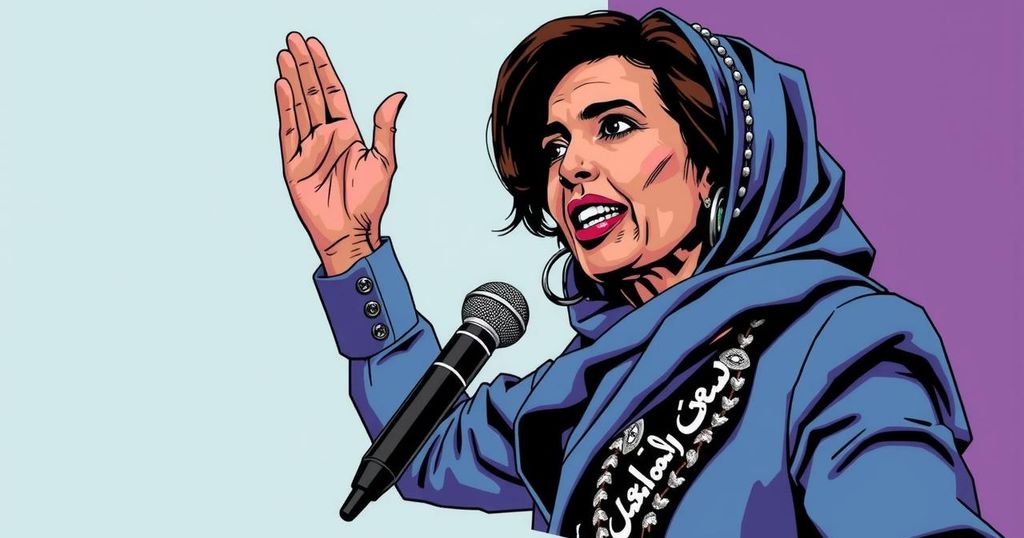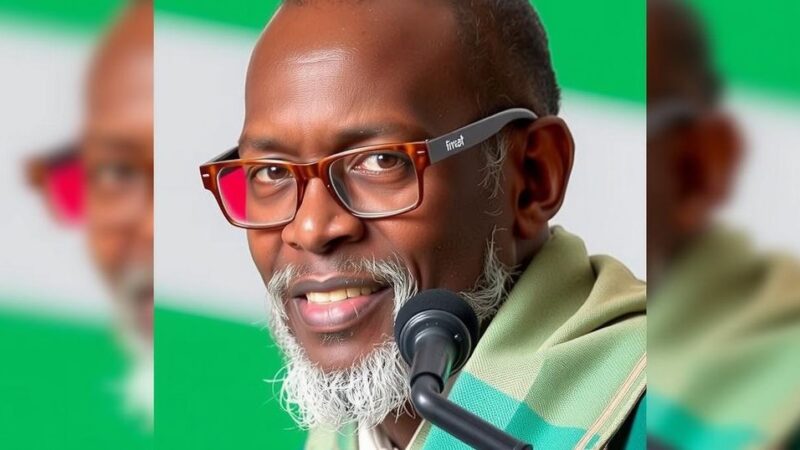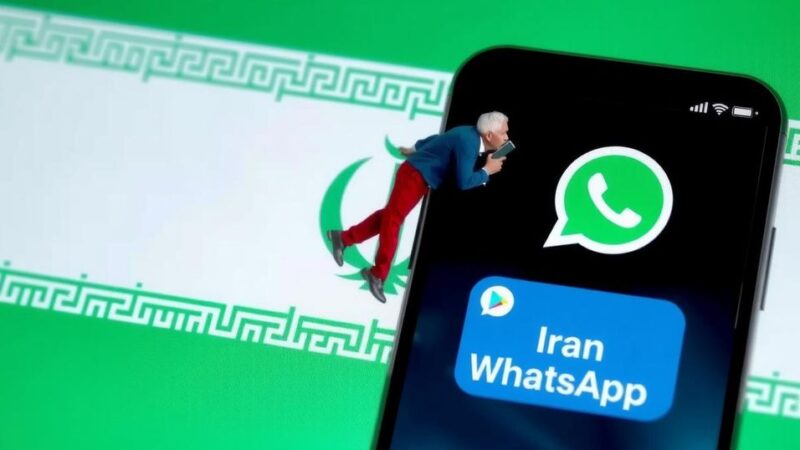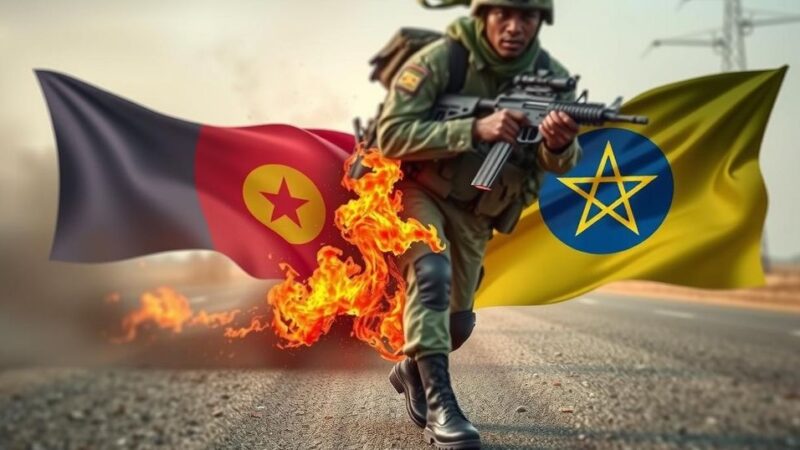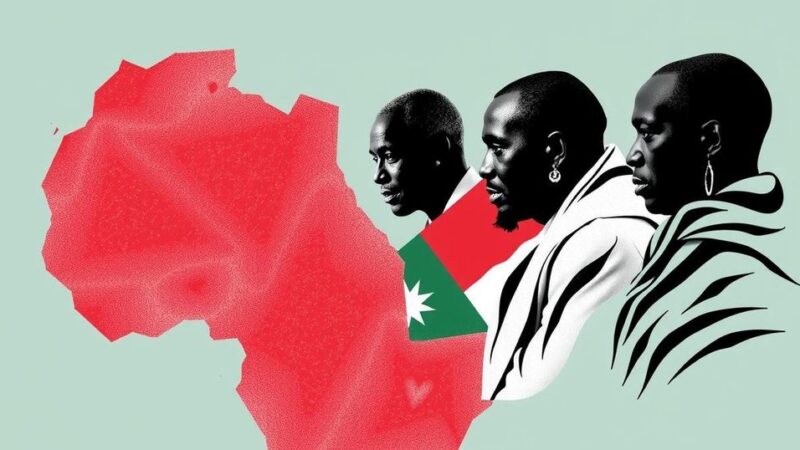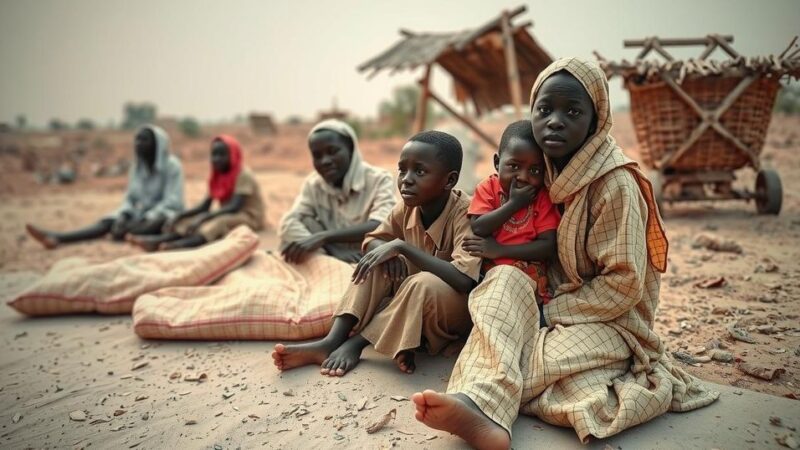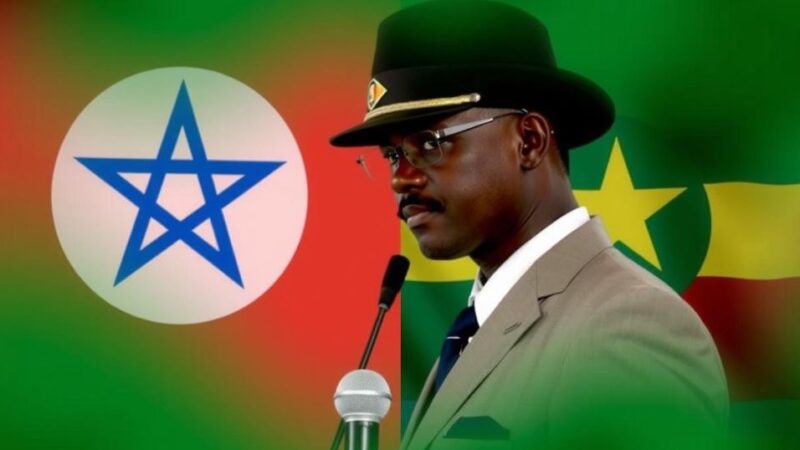Kamala Harris’s political future is threatened by widespread dissatisfaction with Joe Biden’s administration, marked by failures in handling the COVID-19 pandemic and foreign policy crises, particularly in the Middle East. Challenges mounted by Trump’s potential comeback position Harris precariously as she may consider aggressive military actions against Iran to bolster her political standing, risking broader conflict and global ramifications.
Kamala Harris, often perceived as a controversial choice for the Democratic Party, faces escalating challenges in her political career as Vice President under Joe Biden. With Biden’s administration faltering amidst rising discontent over both domestic and global issues, Harris’s future in U.S. politics appears increasingly precarious. Biden’s term has been defined by severe criticism concerning his management of the COVID-19 pandemic, his foreign policy blunders, particularly regarding the ongoing conflict in Ukraine, and his handling of the Israeli-Palestinian tensions. Additionally, the worsening immigration crisis, for which Harris has been deemed partly responsible due to her appointed role as Border Czar, adds to the scrutiny surrounding her leadership. The Biden administration’s foreign policy, perceived as an extension of Barack Obama’s legacy, has drawn ire for entangling the United States in new conflicts, specifically in the Middle East and Africa, perpetuating cycles of instability generated during the previous administrations. Voters who anticipated a departure from these policies may grow disillusioned as Harris struggles to distance herself from both Biden’s actions and Obama’s earlier interventions. As potential concerns emerge regarding Donald Trump’s re-election bid, Harris may feel compelled to adopt aggressive foreign policy strategies, particularly in response to Iran, to solidify her political standing. Historical precedents suggest that military actions or significant security events can effectively redirect public focus away from domestic failures to issues of national security. However, such a course carries immense risk, as it holds the potential to ignite broader conflict in the Middle East, leaving voters wary and uncertain amidst protracted U.S. involvement. Kamala Harris is indeed at a critical juncture as the 2024 election approaches. Tying her political future to Biden’s limited successes poses significant challenges, compelling her to weigh dire strategies that could provoke more turmoil but also provide a momentary rallying point for nationalistic sentiments. The execution of a substantial military operation in Iran could yield fleeting political gains but risks spiraling into a global catastrophe, profoundly impacting not only the Middle East but the United States’ position within it.
The current political landscape in the United States is characterized by dwindling approval for Joe Biden’s presidency, largely stemming from his administration’s handling of multiple crises, including the COVID-19 pandemic and foreign conflicts. Kamala Harris’s association with Biden’s presidency places her in a vulnerable position, as public dissatisfaction grows against their policies, particularly regarding immigration and foreign relations. As tensions rise amid potential conflicts, notably involving Iran, Harris must navigate her political identity while contending with pressures from the resurgence of Donald Trump. Her association with Barack Obama’s administration suggests continuity, challenging her efforts to establish a distinct political profile. The ramifications of Biden’s policies, especially concerning military intervention, could significantly impact both domestic politics and international relations, as the 2024 election approaches.
In conclusion, Kamala Harris’s political future appears tenuous as she grapples with the consequences of the Biden administration’s policies. With public discontent on the rise and the specter of Donald Trump’s return looming, her potential for political survival may hinge on adopting a more aggressive foreign policy, particularly regarding Iran. Although this strategy could temporarily deflect attention from domestic failures and reinforce her image as a decisive leader, such actions risk igniting further conflict in a volatile region, potentially leading to a global catastrophe. Harris stands at a critical crossroads, with the possibility of a political earthquake in the Middle East hanging in the balance of her decisions.
Original Source: ozarab.media

